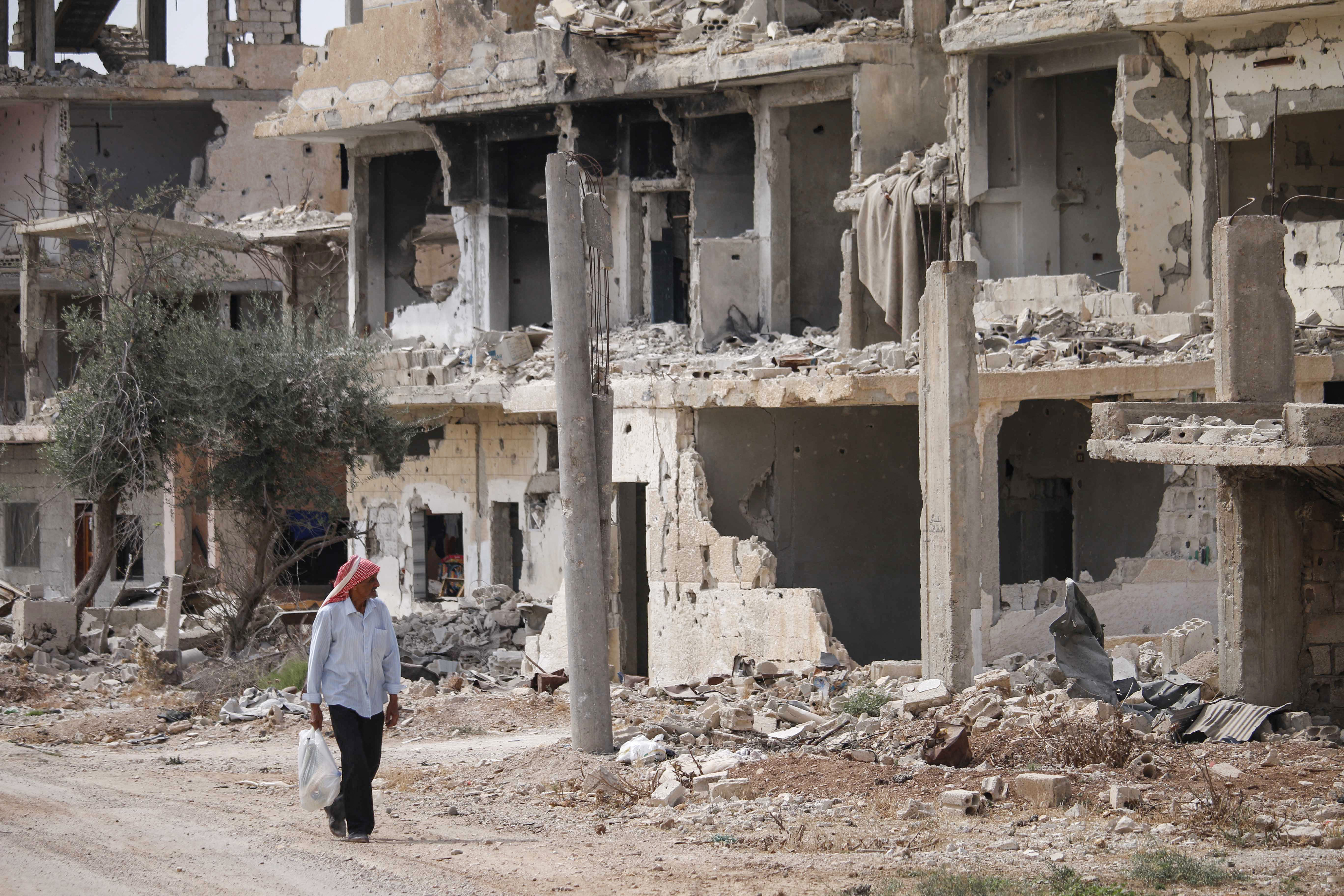Life Under Siege: Gaza's Struggle Against Hunger, Disease, And Crime

Table of Contents
The Pervasive Problem of Hunger in Gaza
The ongoing blockade and recurrent conflicts have severely impacted Gaza's ability to sustain its population, leading to widespread hunger and malnutrition. This pervasive problem affects all aspects of life, hindering development and exacerbating existing vulnerabilities.
Food Insecurity and Malnutrition
Gaza faces alarmingly high rates of food insecurity. According to the World Food Programme (WFP), over half of Gaza's population is food insecure, meaning they lack consistent access to sufficient amounts of safe and nutritious food. This is particularly devastating for children and pregnant women, who are most vulnerable to malnutrition's devastating effects. The blockade severely restricts food imports, limiting the variety and availability of essential nutrients. Furthermore, the destruction of agricultural land due to conflict further diminishes the local food supply.
- Limited access to nutritious food
- Rising food prices due to import restrictions and currency devaluation.
- Depleted agricultural land due to conflict and soil degradation.
- Lack of infrastructure for efficient food storage and distribution, leading to spoilage.
The Impact on Health and Development
Hunger has far-reaching consequences, extending far beyond simple lack of sustenance. Malnutrition weakens the immune system, making individuals more susceptible to infectious diseases. Children suffering from chronic malnutrition experience stunted growth and impaired cognitive development, impacting their future prospects. The long-term effects on health and societal development are profound. Addressing this requires not only increased food availability but also comprehensive nutritional programs tailored to the specific needs of vulnerable populations.
- Increased risk of infections like pneumonia and diarrhea.
- Stunting and wasting in children, leading to physical and cognitive disabilities.
- Impaired cognitive development, affecting learning and future opportunities.
- Reduced life expectancy and overall health outcomes.
The Spread of Disease in a Besieged Gaza
Gaza's healthcare system, already strained by years of conflict and blockade, is struggling to cope with the escalating health crisis. The lack of resources and infrastructure creates a perfect storm for the spread of infectious diseases.
Limited Access to Healthcare
The healthcare infrastructure in Gaza is crumbling. Years of conflict and underinvestment have left hospitals and clinics dilapidated, lacking essential equipment and medicine. Frequent power outages further hinder the delivery of vital medical services, jeopardizing patient care. The shortage of qualified medical personnel, many of whom have left in search of better opportunities, exacerbates the problem.
- Lack of essential medicines and medical supplies.
- Overcrowded hospitals and clinics struggling to provide adequate care.
- Limited diagnostic capabilities, hindering early detection and treatment of diseases.
- Difficulty accessing specialized care, forcing many patients to seek treatment outside Gaza, a costly and often impossible option.
Waterborne and Infectious Diseases
Contaminated water sources and inadequate sanitation systems contribute to the high prevalence of waterborne and infectious diseases. Cholera, typhoid, and other diseases frequently break out, placing an immense burden on the already strained healthcare system. Addressing this requires significant investment in water treatment facilities and sanitation infrastructure.
- High rates of cholera and typhoid outbreaks due to contaminated water.
- Limited access to clean drinking water, particularly in refugee camps and impoverished areas.
- Inadequate sanitation systems, leading to open sewage and unsanitary living conditions.
- Difficulties in waste management, creating breeding grounds for disease vectors.
The Rise of Crime Amidst Despair in Gaza
The economic devastation caused by the blockade and recurrent conflicts fuels desperation and contributes to a rise in crime. Unemployment is rampant, leaving many with no alternative but to resort to illegal activities for survival.
Economic Hardship and Unemployment
Unemployment in Gaza is staggeringly high, with youth unemployment exceeding 60%. This desperate situation leads to poverty and increased reliance on the black market for survival. Lack of economic opportunities and limited access to education further perpetuates this cycle of poverty and crime.
- High youth unemployment rates, leaving young people with limited prospects.
- Limited job prospects due to the stagnant economy and lack of investment.
- Widespread poverty and desperation, forcing people to engage in crime for survival.
- Increased reliance on black markets for goods and services.
Social Instability and Security Concerns
The ongoing conflict and blockade have significantly weakened social stability, contributing to increased violence and crime. The already under-resourced police force struggles to maintain order amidst widespread economic hardship and social unrest. This lack of security creates a climate of fear and further discourages investment and development.
- Increased gang activity and organized crime.
- Rise in petty and violent crimes, including theft, assault, and extortion.
- Limited police resources and capacity to effectively combat crime.
- Weakened judicial system, leading to delays in justice and increased impunity.
Conclusion
Gaza's struggle is a multifaceted humanitarian crisis characterized by a complex interplay of hunger, disease, and crime, all exacerbated by the ongoing blockade and conflict. The devastating impact on the civilian population is undeniable. The high rates of food insecurity and malnutrition, the prevalence of infectious diseases due to inadequate healthcare and sanitation, and the rise in crime stemming from widespread unemployment and economic hardship paint a grim picture.
Understanding Gaza's struggle requires acknowledging the complex interplay of these issues. Let's work together to alleviate this crisis and support the people of Gaza in their fight for survival. Learn more and get involved in aiding Gaza's struggle today! Donate to reputable aid organizations, advocate for policy changes, and raise awareness among your friends and family to help end Gaza's suffering.

Featured Posts
-
 Yankees Diamondbacks Injured Players April 1st 3rd Series Update
May 11, 2025
Yankees Diamondbacks Injured Players April 1st 3rd Series Update
May 11, 2025 -
 A Parents Guide Anthony Mackies New Family Film
May 11, 2025
A Parents Guide Anthony Mackies New Family Film
May 11, 2025 -
 Knicks Vs Bulls Betting Preview Predictions And Odds For February 20 2025
May 11, 2025
Knicks Vs Bulls Betting Preview Predictions And Odds For February 20 2025
May 11, 2025 -
 A Simple High Yield Dividend Strategy
May 11, 2025
A Simple High Yield Dividend Strategy
May 11, 2025 -
 Tampa Bay Rays And New York Yankees Injury Updates April 17 20 Series
May 11, 2025
Tampa Bay Rays And New York Yankees Injury Updates April 17 20 Series
May 11, 2025
